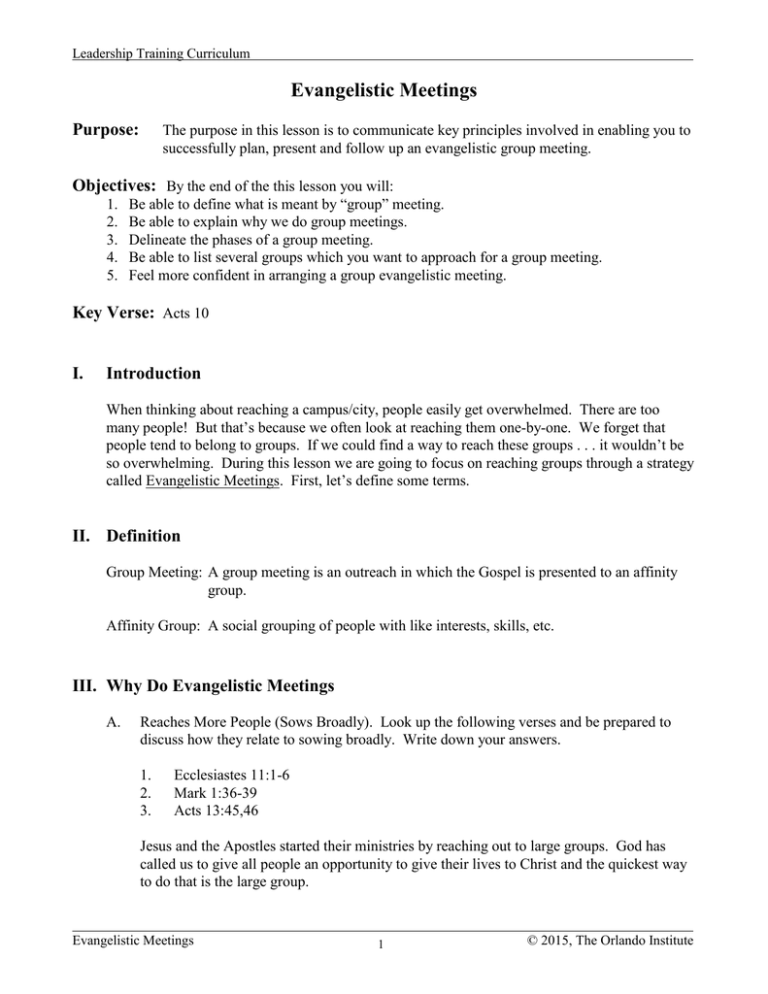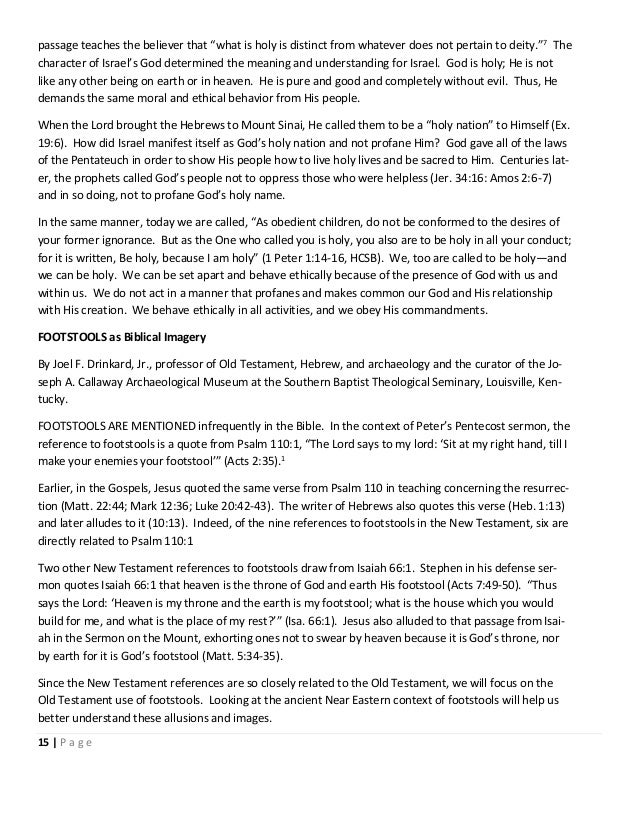

The Holy Spirit isn’t an idle spectator within the Trinity. 9 ways the Holy Spirit works in your life today That’s a great question, and I’m glad you asked. “This is great and all, but what in the world does the Holy Spirit do today?” He’s referred to as a Person (John 6:63 14:26 Rom.To place a nice bow on this topic, here are multiple references to the personal characteristics of the Holy Spirit:

In these two ways, we can see that the Holy Spirit is WAY more than a force-he’s the third member of the Trinity. Unlike gravity-an impersonal force-that can neither counsel nor teach people, the Holy Spirit can do both. The Holy Spirit is also capable of teaching (Luke 12:12). Second, before ascending to heaven, Jesus said he was going to send the Holy Spirit to be a counselor like him (John 14:26). An impersonal force cannot do these things. What we’ll see in the references below, the Holy Spirit can be grieved, resisted, and even insulted. 11 personal characteristics of the Holy SpiritĪs the third member of the Trinity, the Holy Spirit is a Person and is also personal.įirst, in the Old and New Testament books the Holy Spirit is referred to as “he,” and throughout the New Testament, he’s referred to as a person (John 6:63 14:26 Rom. Know what else? The Holy Spirit is more than a force-He’s a Person. In other words, one person within the Trinity is not more God than the other. From what we see above, this means each person within the Trinity shares the same divine attributes. God-as revealed in the Bible-is one and eternally exists in three distinct persons: Father, Son, and Holy Spirit. Make no mistake, the Holy Spirit is so much more than an it or impersonal force-he’s God. He enables us to call upon Jesus as Lord (1 Cor.He helps us to recognize the glory of God (2 Cor.He enabled the writing of the Bible (2 Pet.He’s treated as equal to God the Father and Son (Matt.He’s considered God (Acts 28:25–27 2 Cor.Here are a number of references that point to the Holy Spirit’s divine characteristics: So, you cannot remove one of the three persons of God and still have God as revealed in the Bible. In other words, they do not exist independently one from the other. But they are co-equally God, meaning they are all the being of God. God the Father, Son, and Holy Spirit are distinct from one another in terms of their personal relationship. This means the Holy Spirit is God, co-equal with God the Father and God the Son and is of the same essence. The Holy Spirit is the third Person of the Trinity.

So, who is the Holy Spirit? 13 divine characteristics of the Holy Spirit While there is a degree of mystery surrounding the Holy Spirit, he’s not an it, impersonal, or strange.

Let’s get started! Who is the Holy Spirit?


 0 kommentar(er)
0 kommentar(er)
